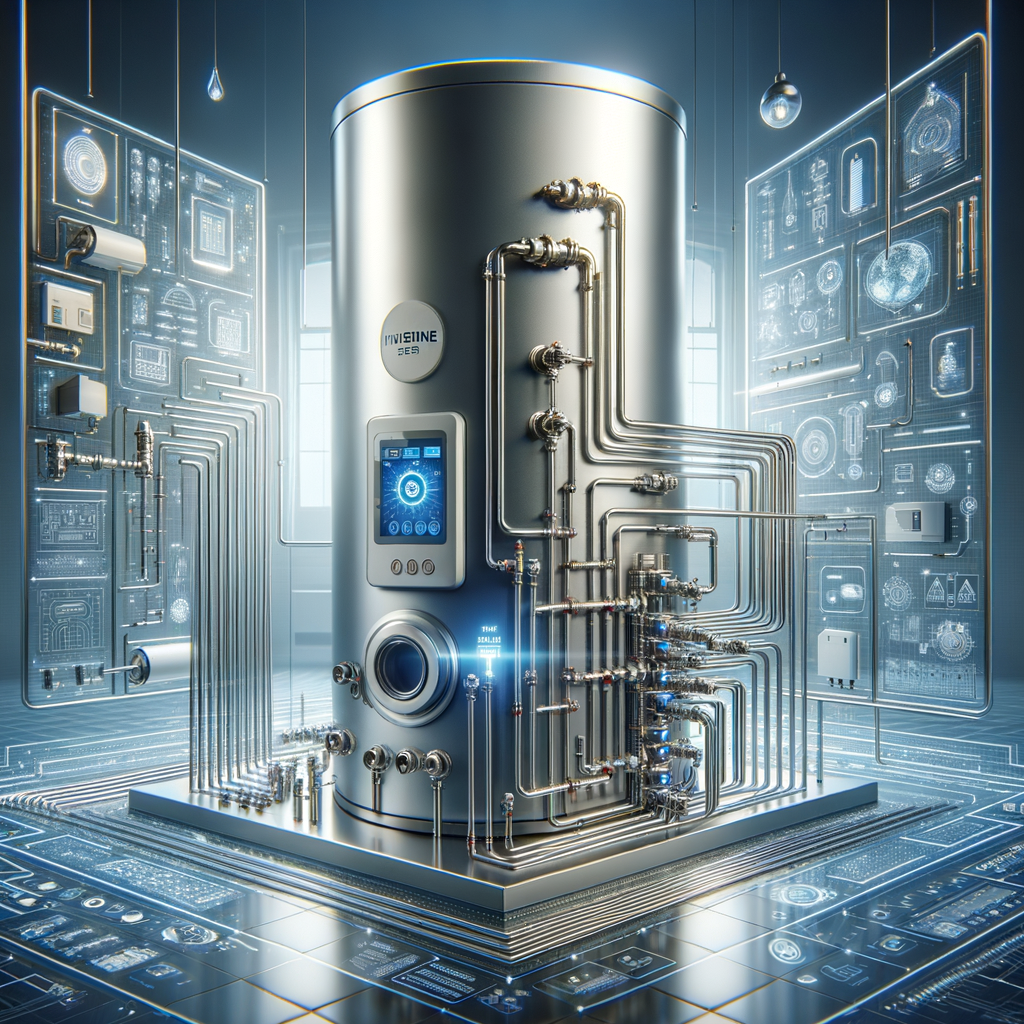Choosing the right hot water system for your home is crucial for ensuring comfort and efficiency. With various options available, understanding the key factors is essential to make an informed decision.
Types of Hot Water Systems
There are four main types of hot water systems commonly used in homes:
Traditional Storage Tank Water Heaters
These systems store hot water in a tank, which is continuously heated to maintain a preset temperature. They are suitable for homes with consistent hot water demand but may be less energy-efficient than other options.
Tankless (On-Demand) Water Heaters
Tankless water heaters heat water directly as it passes through the unit, eliminating the need for a storage tank. They are highly energy-efficient as they only heat water when needed, making them ideal for homes with varying hot water usage.
Heat Pump Water Heaters
Heat pump water heaters extract heat from the air or ground to heat water. They are more energy-efficient than traditional storage tank heaters but may have higher upfront costs.
Solar Water Heaters
Solar water heaters use solar panels to heat water using sunlight. They are environmentally friendly and can provide significant energy savings over time, especially in sunny climates.
Factors to Consider When Choosing a Hot Water System
Several factors should be considered when selecting a new hot water system:
Energy Efficiency: Evaluate the energy efficiency rating of each system and compare it to your household’s needs and budget. Higher efficiency systems may have higher initial costs but can result in long-term savings on energy bills.
Available Space: Consider the space available for installation. Tankless water heaters require less space than traditional storage tank heaters, making them ideal for smaller homes or tight spaces.
Initial Cost vs. Long-term Savings: Compare the initial cost of purchasing and installing each type of system with the potential long-term savings on energy bills. While some systems may have higher upfront costs, they may offer greater savings over time.
Water Usage Habits: Analyze your household’s hot water usage habits to determine the appropriate size and type of hot water system. For example, homes with multiple bathrooms or high hot water demand may benefit from a larger capacity system.
Traditional Storage Tank Water Heaters
Traditional storage tank water heaters consist of an insulated tank where water is heated and stored until needed. While they are affordable and familiar to many homeowners, they may be less energy-efficient than other options.
Tankless (On-Demand) Water Heaters
Tankless water heaters heat water directly as it passes through the unit, eliminating the need for a storage tank. They are highly energy-efficient and can provide endless hot water on demand.
Heat Pump Water Heaters
Heat pump water heaters use electricity to move heat from the air or ground to heat water. They are highly energy-efficient, making them a cost-effective option for homeowners looking to reduce their energy bills.
Solar Water Heaters
Solar water heaters use solar panels to absorb sunlight and heat water. They are environmentally friendly and can provide significant energy savings over time, especially in sunny climates.
Comparison of Different Types
When comparing hot water systems, consider factors such as energy efficiency, initial cost, and suitability for your household’s needs. Tankless and heat pump water heaters generally offer higher energy efficiency and may result in greater long-term savings compared to traditional storage tank heaters.
Installation Considerations
Before installing a hot water system, consider factors such as available space, plumbing modifications, and installation costs. Professional installation is recommended to ensure proper setup and operation.
Maintenance Requirements
Regular maintenance is essential to ensure the efficient operation and longevity of your hot water system. Tasks may include flushing the tank, checking for leaks, and inspecting heating elements. The cost of maintenance should also be considered when choosing a hot water system.
Environmental Impact
Consider the environmental impact of different hot water systems, including energy consumption and greenhouse gas emissions. Choosing an energy-efficient system can help reduce your carbon footprint and contribute to a cleaner environment.
Warranty and Lifespan
Evaluate the warranty coverage and expected lifespan of each hot water system before making a purchase. Longer warranties and lifespans indicate higher quality and reliability, providing peace of mind for homeowners.
Local Regulations and Incentives
Check local building codes and regulations to ensure compliance with installation requirements. Additionally, inquire about available rebates or tax incentives for installing energy-efficient hot water systems, which can help offset the initial cost.
Professional Installation vs. DIY
While DIY installation may seem cost-effective, it’s essential to consider the risks and benefits. Professional installation ensures proper setup and operation, reducing the risk of leaks or malfunctions that could result in costly repairs.
Conclusion
Choosing the right hot water system requires careful consideration of factors such as energy efficiency, installation requirements, and long-term savings. By understanding the different types of hot water systems and their respective pros and cons, homeowners can make informed decisions that meet their household’s needs while minimizing environmental impact.
…

